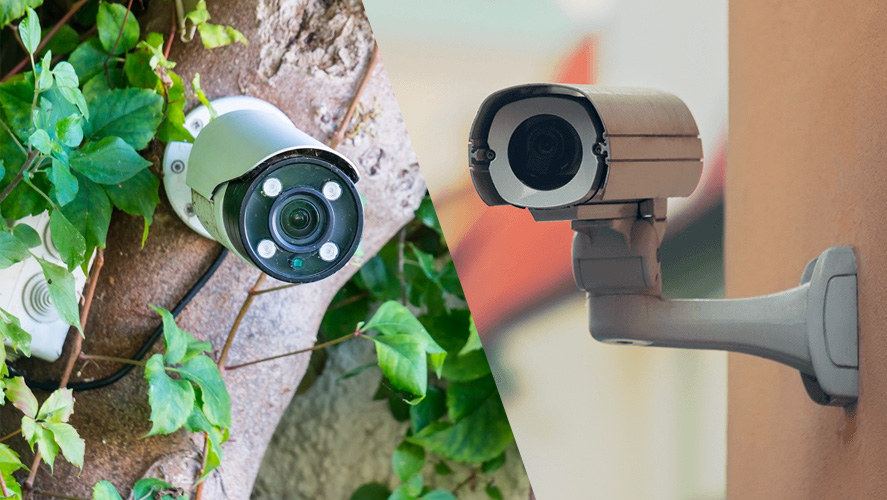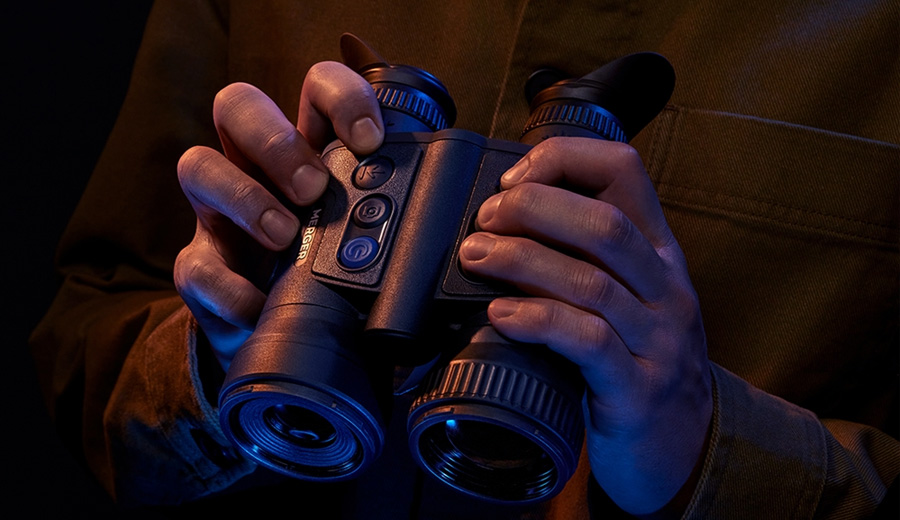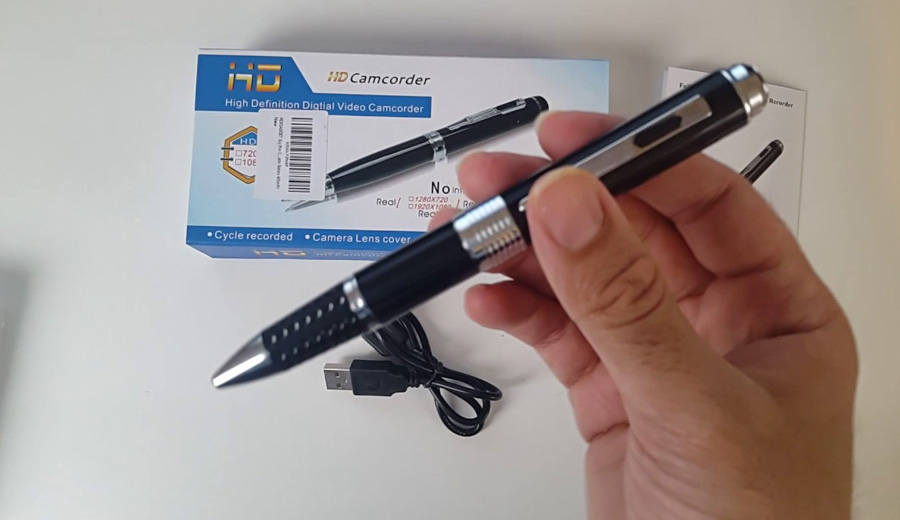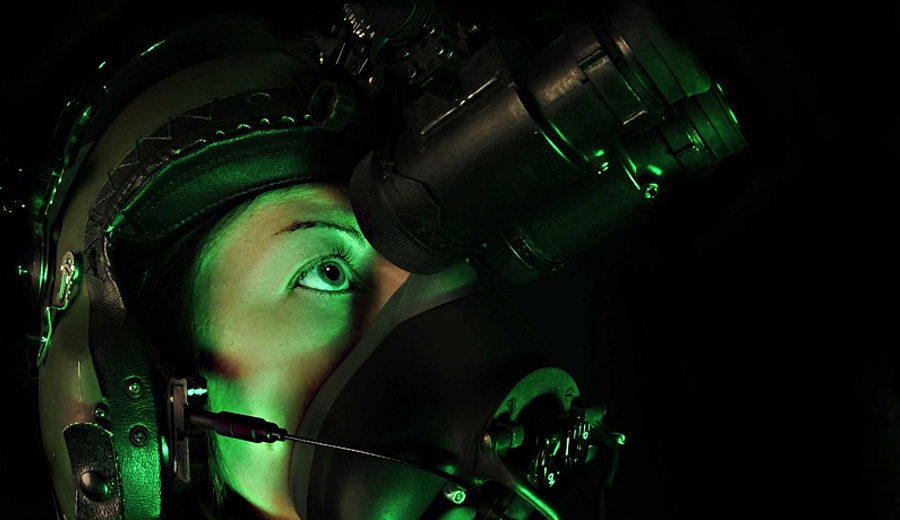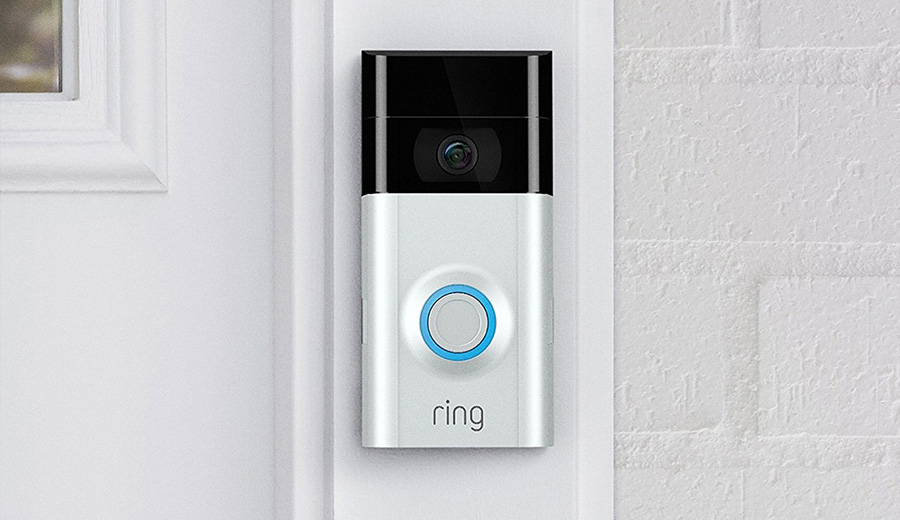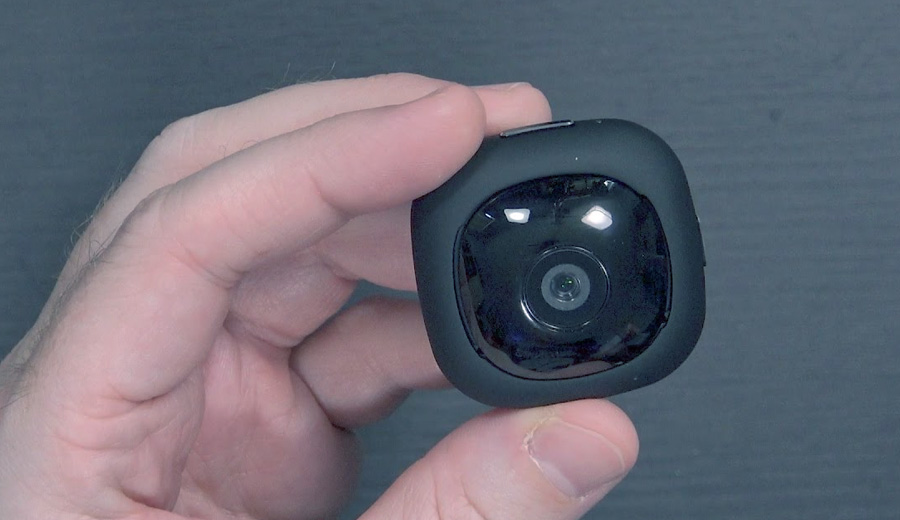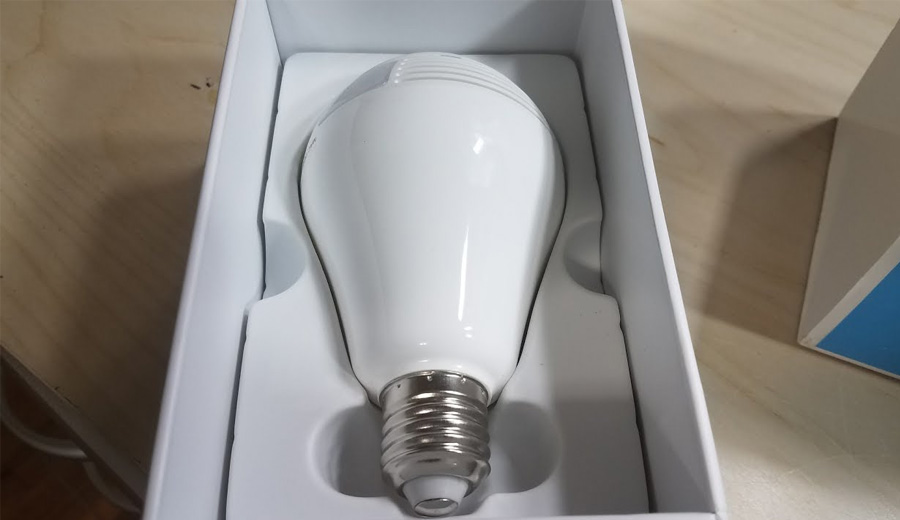What is Outdoor Spy Camera?
Outdoor spy cameras are surveillance cameras, which are meant for discreet surveillance of surrounding for personal safety and protection. These cameras are hidden in outdoor environments making it possible for homeowners to securely monitor their areas without raising too much suspicion. These cameras serve mainly to improve the surveillance and add extra security.
Quick Overview of Outdoor Cameras
Outdoor cameras come in many forms and designs including the mini concealed cameras as well as the visible ones that are meant to scare off an intruder. They act as a deterrent. Modern surveillance cameras have state-of-the-art technology that can produce a quality video even at night. They can be installed by yourself or by a professional security company.
Role of Outdoor Cameras in Home Safety
Homeowners prioritize home security with outdoor spy cameras playing an important part. They act as a deterrent stopping would-be burglars and trespassers from entering your property.
Additionally, when a burglary occurs or there is any suspicious activity, the video footage captured acts as proof for the law enforcement.
Wired or Wireless Connection?
One of the basic decisions that one has to make when picking an outdoor spy camera is what connection to use: wired or wireless. Each option has its pros and cons, and it is important to take this into consideration when making a personal decision that should meet your requirements.
Wired Cameras:
Pros:
- Reliability: Wired cameras are reliable. This is because they rely on a physical connection hence minimal interference or signal loss ensuring steady and regular transmission of high-quality video.
- Continuous Power: Wired cameras are directly powered by the electrical system so no need to keep replacing batteries. This guarantees non-stop function making them excellent for continuous surveillance.
- Secure Connection: Video footage is normally transmitted over a wired connection so it’s limited to physical cables. This can be viewed as an added advantage when it comes to security, as wireless signals can be tampered with.
- Consistent Video Quality: Constant power supply and direct link results in no lag while recording good quality videos.
Cons:
- Installation Complexity: Compared to wireless cameras, it might be more challenging to install the wiring that is required. Usually, professional help is needed for such a task.
- Limited Flexibility: Due to the nature of wired cameras, the flexibility of these devices is quite limited compared to wireless ones. This may limit the coverage area, making it hard to position cameras especially in some remote areas.
- Vulnerable to Tampering: The open wiring can be subjected to cutting which could render the surveillance system ineffective.
Wireless Cameras:
Pros:
- Easy Installation: Installation of wireless cameras is simple because it does not need the wires. It means that they are perfect for individuals preferring DIY setups.
- Flexible Placement: Wireless cameras do not have physical cables; therefore, they are less restrictive and can be placed easily, anywhere. This makes it possible to position them in broader strategic area.
- Scalability: Most modern wireless systems are scalable as in most cases no complex wiring installation is required in order to add more cameras.
- Remote Monitoring: A lot of wireless cameras allow surveillance via an app or web browser. Real time view of the footage anywhere across the world through the internet.
Cons:
- Potential Interference: Other electronic devices or even walls might interfere with wireless cameras, causing degradation in the quality of connection.
- Battery Dependency: Wireless cameras use batteries and thus they require replacement. Such an ongoing maintenance may deter some consumers from purchasing them and choose wired cameras instead.
- Security Concerns: Although wireless technology has made progress in security field, such systems can still be the targets of hackers. These risks can be significantly minimized through strong encryption.
- Limited Range: The transmission range for wireless cameras can be limited especially in big properties. Thus, this may also pose challenges of deploying wireless cameras in some bigger properties.
Ultimately, this boils down to personal preferences and the precise needs of your property as well as the amount of convenience you require.
Wired cameras offer reliability and constant power supply; on the other hand, wireless cameras are convenient and easy to set up.
Considering the advantages and disadvantages of each option will ensure that you achieve your home security goals.
What to Look for in Outdoor Spy Camera before Purchasing
- Video Quality
Quality of an outdoor camera is crucial for successful monitoring. You should search for HD and even 4K resolution cameras in order to ensure quality images. This becomes more important especially in cases where one is trying to identify persons in the video.
- Night Vision
It is vital to choose a camera that has dependable night vision since security threats do not stop at daytime. When looking for a camera, go for infrared (IR) technology that gives clear image even in complete blackout/pitch darkness.
- Quality Camera Lens
The quality of the captured images depends on the quality of the lens. The lens must be of the highest quality to focus accurately with crisp and free of aberration images at all times.
- Range of Zoom
Pick a camera with appropriate zooming option to cover large areas. In some cases, outdoor spy cameras are equipped with optical zoom in order to enlarge remote objects while preserving picture resolution.
Additional Features
Weatherproof and Waterproof
Considering the uncertainty of weather, you need to pick an outdoor spy camera which is weather-resistant or even water-resistant. This enables the camera to function in rain, snow, and extreme temperature conditions.
Style of Your Choice
There exist several different types of outdoor spy cameras whose appearances vary, starting with conventional bullet shaped ones and ending with those made to look like everyday things.
Choose an appropriate style depending on whether you want a visible deterrent or an inconspicuous hidden camera to go along with your property.
Durability
The durability will be very important, in particular for the outdoor camera. In such circumstances it will be exposed to weather effects. Go for cameras with solid build and components that are rugged.
Battery Life (If Wireless)
Battery life is an important consideration when using wireless outdoor spy cameras. One way is to select a device with longer-life batteries, or a battery that can be easily replaced/recharged.
Conclusion
Outdoor spy cameras have become crucial security tools at home or in business environment. Be sure to choose a quality camera that features both high video quality and night vision to ensure that whatever you are monitoring gets captured in crystal-clear detail even if it occurs at night. Also, think about such characteristics as waterproofing, nice design, high reliability from dependable brands, and long-lasting battery.
Buying an outdoor spy camera means spending the money on the safety and security of your house. These subtle but powerful devices will give you the assurance that your property is being watched at all times, making your home a safer place both for you and your family.

